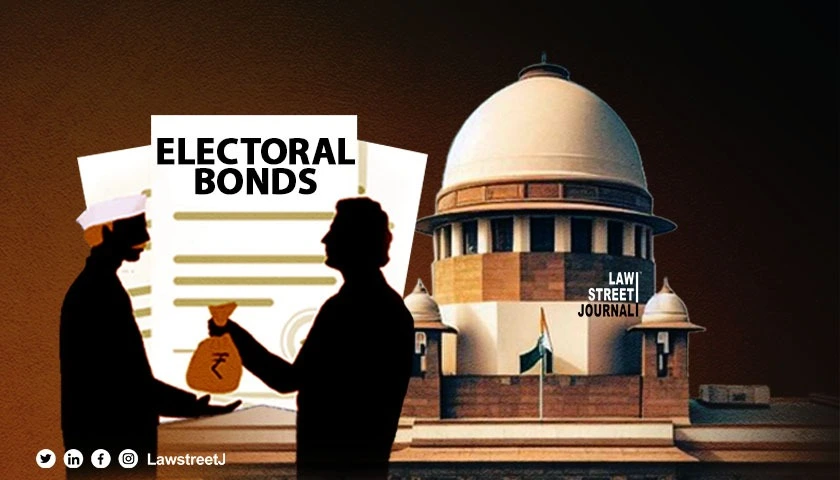NEW DELHI: The Supreme Court has dismissed a petition seeking review of the February 15, 2024 Constitution bench judgment which struck down the 2018 Electoral Bonds scheme as unconstitutional.
A bench of Chief Justice of India D Y Chandrachud, and Justices Sanjiv Khanna, B R Gavai, J B Paridwala and Manoj Misra rejected the review petition filed by advocate Mathews Nedumpara and another.
In its order, the bench said, "Having perused the review petitions, there is no error apparent on the face of the record. No case for review under Order XLVII Rule 1 of the Supreme Court Rules 2013. The review petitions are, therefore, dismissed".
The order was passed on September 25 but uploaded on its website on Saturday.
According to the SC Rules, the review petition is considered by judges inside the chambers through circulation of paper.
In the matter, the court also dismissed an application for open court hearing.
On February 15, 2024, the Supreme Court had held that Electoral bonds scheme as unconstitutional, and it had directed banks to stop issuing bonds immediately.
The court held the scheme affected the rights of citizens to know the name of donors to political parties and possible quid pro quo arrangement among them.
It had also directed the SBI to provide all the data related to it to the Election Commission for uploading on its website.
Subsequently, it was revealed that electoral bonds worth about Rs 16,518 crore were encashed by the political parties of all hues.
The court's judgment had then come on a batch of petitions filed by NGO, Association for Democratic Reforms (ADR), and others.
Nedumpara, in his review plea, contended the court entertained the petition and struck down the law and the scheme without noticing that in doing so it is acting as an appellate authority over the Parliament, substituting its wisdom on a matter which falls in the exclusive province of legislative and executive policy.
He also contended the scheme was not a measure which would have totally eradicated the role of black money in politics but it hoped to bring some element of transparency by permitting contributions to be made to the political parties by allowing confidentiality, which meant that the information as to the donors and donees would remain secret.
[Read Order]

















